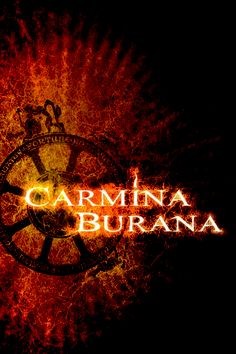Ksenija & Carmina Burana
Ksenija by Viktor Parma & Carmina Burana by Carl Orff
Premiere: October 5th 2017 Slovenian National Opera, Ljubljana
Stage Direction, Set Design & Visual Concept: Manfred Schweigkofler
Conductor: Marko Gašperšič
Costumes: Mateja Benedetti
Light Design: Andrej Hajdinjak
Video Design: Illuminata (Christoph Grigoletti)
Choreographie: Lukas Zuschlag
Viktor Parma: Ksenija
AN OPERA IN ONE ACT
Performed in Slovenian
After the great success of the opera Urh, grof Celjski (Urlich, Count of Celje), composed by Viktor Parma (1858–1924) and premiered in 1885, the composer created Ksenija (1897), mostly remembered by the audience for its music, as its famous interlude became a genuine hit - or a Slovenian equivalent to the renowned operatic pieces from the late 19th century, composed by such great music writers as Mascagni and Puccini. Until the World War II it was regarded the most frequently performed Slovenian operatic piece beside the Gorenjski slavček (Nightingale of Gorenjska). With the new premiere of this significant Slovenian opera we will be also marking the 125th Anniversary of the Ljubljana Opera Theatre, built in 1892.
Carl Orff: Carmina Burana
A SCENIC CANTATA
Performed in the Original Version
The evening will be dramaturgically and directorially complemented with the staging of one of the most celebrated musical theatre pieces and yet another story from the monastic milieu. Carmina Burana (1937) was first staged in Frankfurt, eighty years ago. Carl Orff (1895–1982), who had been already creating under the influence of Debussy, R. Strauss and Pfitzner as well as successfully adapting some of the theatre pieces by Monteverdi, managed to shape - although relatively late, as considered by many -, his markedly personal style with the scenic cantata Carmina Burana, which brought him an instant fame. The composer had decisively enforced the musical principles, which he used and perfected in his later works, when he managed to realise within his concept of music theatre his rather distinctly personal vision of music, movement, visual image and lyrics. The quest for a comprehensive work of art, the complementary themes within the two operatic pieces and the creation of magical images will be entrusted for this evening to our frequent guest director Manfred Schweigkofler.
